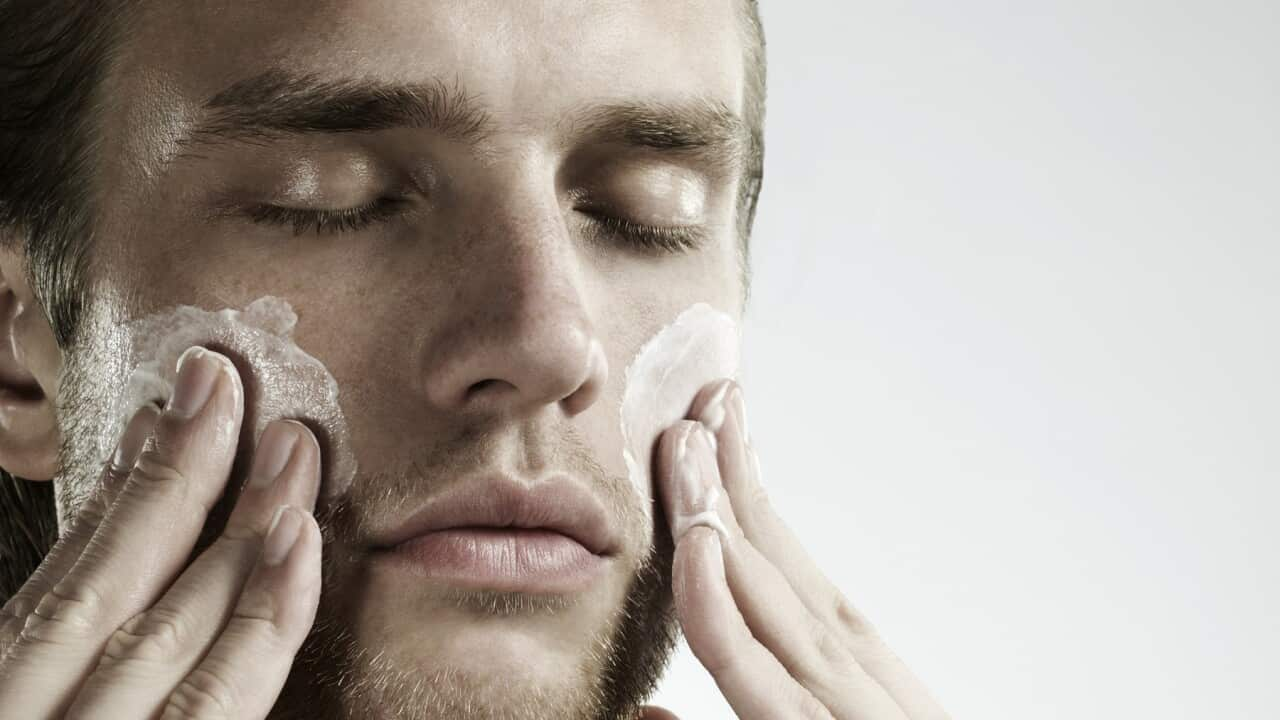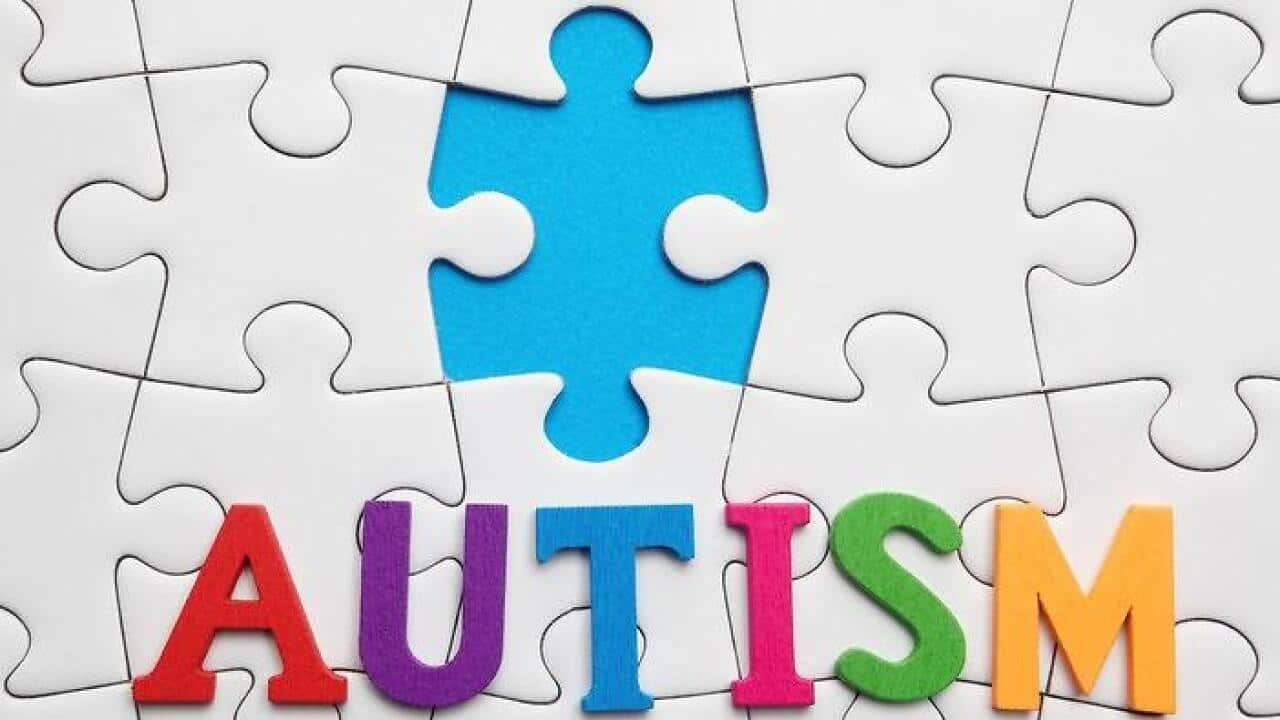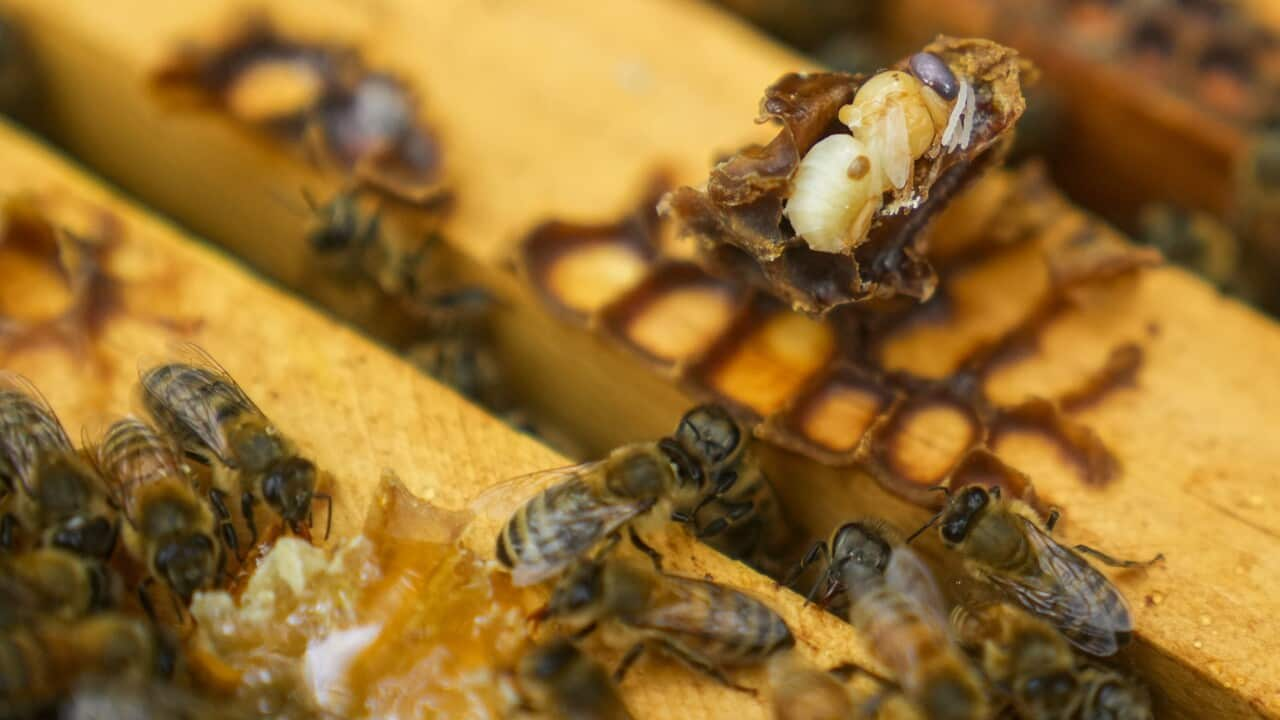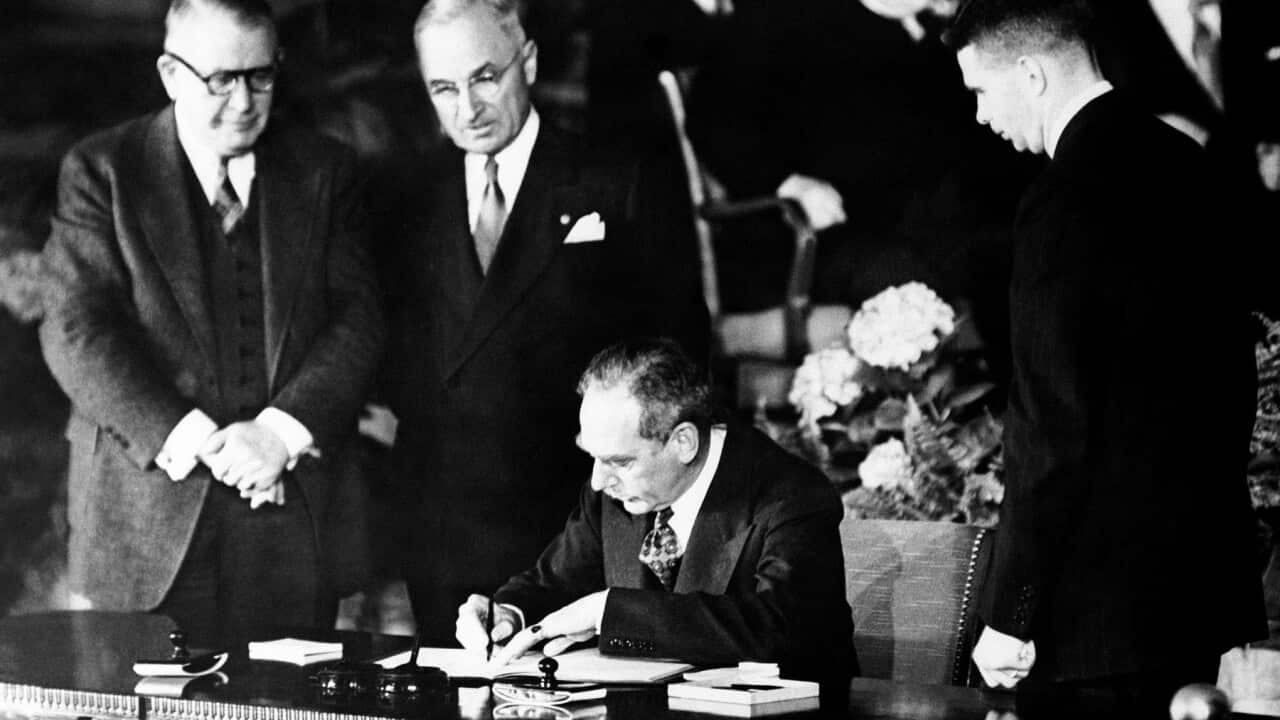Italian
Dalle superstar del K-pop agli influencer e persino ai presidenti, gli uomini si mettono il trucco in numero molto più grande di prima.
Il fenomeno rappresenta una enorme opportunità di affari in un’industria che in Australia vale quattro miliardi di dollari.
Danny Gray ha creato Warpaint for Men mentre combatteva contro la sua dismorfofobia.
Nel 2018 desiderava qualcosa che non era in vendita.
"Hopefully, maybe some guys who wouldn't try makeup are more comfortable with male-specific brands. So they can use it and get the benefit that I have. And we're very soon to be launching with Sephora in Australia, so exciting times for us."
Adesso i prodotti negli scaffali del suo negozio a Londra rappresentano un impero globale e un’importante tendenza.
Il professore Gary Mortimer è un insegnante della Università di Tecnologia del Queensland e analista di marketing e comportamenti del consumatore.
Sostiene che diversi fattori hanno fatto aumentare la domanda di cosmetici per uomo, tra cui i media e le conversazioni con i pari età.
"Go back a decade, and we had young teenage boys looking at glossy pictures of men with great hair, great physiques and smooth complexions. Those men are now in their late 20s, early 30s and are looking at ways to maintain that look."
Gerard Richardson è il responsabile del marketing e del marchio di Adore Beauty, un’azienda di cosmetici australiana.
Quest’anno l’azienda ha visto più clienti maschi comprare make-up.
"With guys turning to online shopping, they're browsing categories, getting curious and seeing what's out there for them. A moisturiser, cologne and concealer is the winning trio of 2021."
La domanda globale di cosmetici è cresciuta del 30 per cento durante la pandemia, secondo un rapporto della società di consulenza americana McKinsey.
Gli analisti sostengono che la crescita è trainata dalle chiamate Zoom, che stanno costringendo sempre più persone a passare il tempo guardandosi la faccia.
Deni Todorovic è un redattore del settore bellezza, attivista queer e ambasciatore di David Jones.
Si identificano come non – binario (n.d.r. da qui l’uso di “loro” invece che “lui”) e credono che gli affari ci guadagnerebbero se vendessero cosmetici a persone in generale, non a generi specifici.
"Beauty brands stand to make a) so much more money, b) provide some really necessary visibility and sort of democratise that playing field."
Per aprire la strada ad altre voci, facce e bellezza in tutte le forme.
English
From K-pop superstars to influencers and even presidents, men are wearing make-up in greater numbers than ever before.
The phenomenon represents a major business opportunity in an industry worth four billion dollars in Australia.
Danny Gray created Warpaint for Men as he battled with body dysmorphia.
In 2018, he wanted what he couldn't buy.
"Hopefully, maybe some guys who wouldn't try makeup are more comfortable with male-specific brands. So they can use it and get the benefit that I have. And we're very soon to be launching with Sephora in Australia, so exciting times for us."
Now the products on the shelf of his London shop represent a global empire and a major trend.
Professor Gary Mortimer is a Queensland University of Technology lecturer and marketing and consumer behaviour analyst.
He says a number of factors have driven demand for male cosmetics, including media and conversations with peers.
"Go back a decade, and we had young teenage boys looking at glossy pictures of men with great hair, great physiques and smooth complexions. Those men are now in their late 20s, early 30s and are looking at ways to maintain that look."
Gerard Richardson is the Brand Marketing Manager for Adore Beauty, an Australian cosmetics company.
The company has seen more male customers buying make-up this year.
"With guys turning to online shopping, they're browsing categories, getting curious and seeing what's out there for them. A moisturiser, cologne and concealer is the winning trio of 2021."
Global demand for cosmetics has risen 30 per cent in the pandemic, according to a 2021 report by U-S consultancy firm McKinsey.
Analysts say the growth is driven in part by Zoom calls, which are forcing more people to spend more time looking at their face.
Deni Todorovic is a beauty editor, queer activist and David Jones ambassador.
They identify as non-binary and believe businesses would benefit from selling makeup to people in general, not to specific genders.
"Beauty brands stand to make a) so much more money, b) provide some really necessary visibility and sort of democratise that playing field."
To make way for more voices, faces and beauty in all forms.
Report by Camille Bianchi





